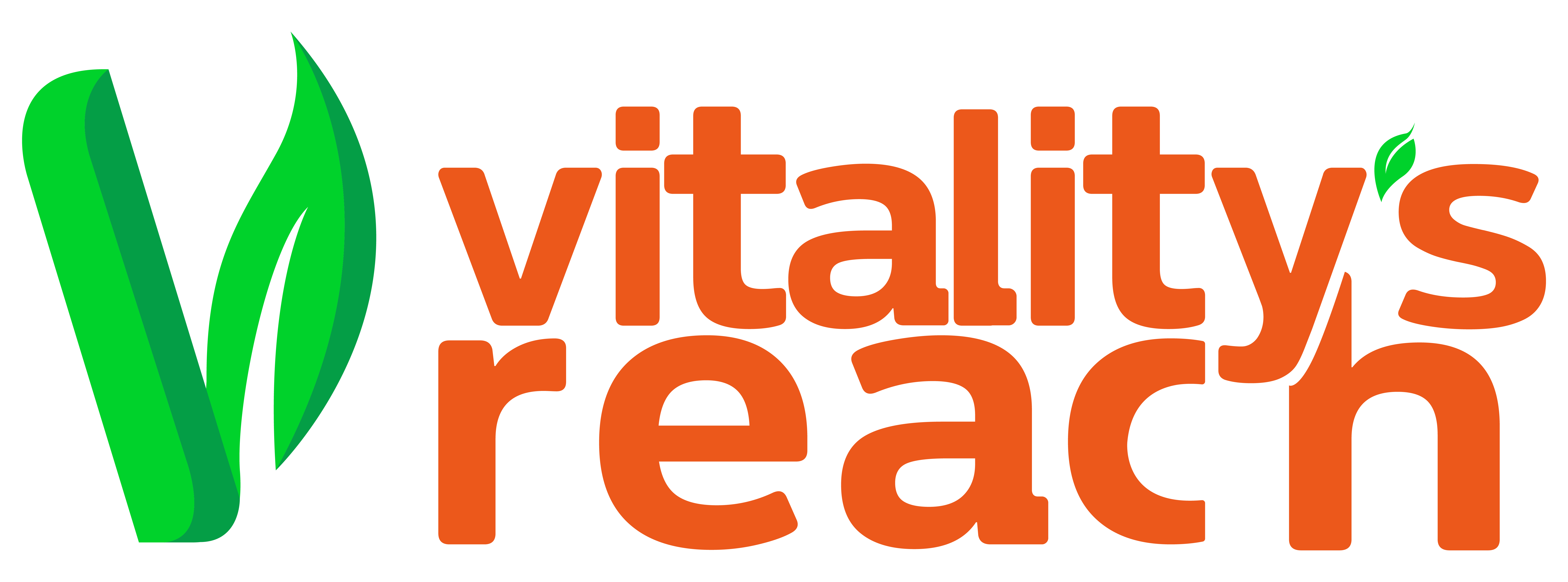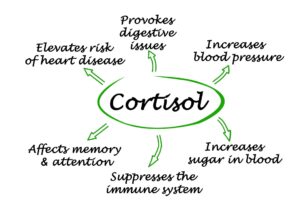
This is probably the most controversial topic in the world of nutrition. I understand both sides. I also, cut dairy out for 9 years myself.
“If you haven’t been confused at some point about nutrition then you may have not read enough.”
This thought aptly applies to the benefits of dairy.
Consistently across various diet protocols kicking dairy and gluten to the curb is frequently echoed. Functional diagnostic nutritionists, dieticians, naturopaths, and even family doctors hand out the advice, but is that fair and accurate information? These recommendations are handed out as standard protocols without looking at a person as an individual. If some individuals handle dairy and do well should we blame the dairy if another person doesn’t?
I’ve discussed sugar and gluten previously and the topic of dairy is long over due.
A recent incident spurred me on to writing this article. I was at a restaurant (pre-covid) and the closest table had a group of kids and one adult. From the conversation it appeared the 5-6 kids were friends all around same age. As they were getting their orders ready I heard the adult ask one girl if she wanted milk. She replied with, “Milk is bad for you …. but I like it.” I was little surprised at this 7-8 year old’s programming in already putting the good and bad label on foods. I’ll reserve the labelling of food good or bad for another time but clearly the avoidance wasn’t because she didn’t like the taste. It came from an authority source and that particular person’s beliefs.
No doubt, some who abstain from dairy benefit, at least short term. But I can say that about almost every food in possibly having a downside. So is it the dairy or the internal environment of the consumer?
The Arguments Against Dairy
“It has all sorts of hormones and antibiotics.” Actually it has 10 times the progesterone to estrogen and the little amount of estrogen is easily taken care of. Progesterone is a hormone that will tend to serve you well. The cows in Canada (where I live) are fortunately not subject to hormones for growth.
“We are the only species that use another animals milk.” We are also the only species that prepares and cook our own foods so that line of reasoning is not justifiable.
“I get gas and mucous when I eat it.” This can indeed happen. It sure happened to me. We need enzymes to break down many of our foods. Our body doesn’t produce lactase unless exposed to it for a certain time period. If you have dairy only sporadically this could lead to those exact symptoms.
“I get acne and hormonal changes.” If you have a have an underactive thyroid and a bacterial overgrowth from being hypo then these changes can happen.
In recent years dairy sales have taken a plunge. Much is due to information mentioned above plus the increased advertising of milk alternatives such as almond and oat milk and culturally trending towards veganism.
Dairy is a very clean product and is the most regulated industry. A sick cow is not good for business so farmers tend to take care of their animals. The milk is filtered in the cow and again filtered through pasteurization. Obviously grass fed cows will produce a more nutrient dense product but milk has many redeeming qualities.
Almond milk, oat milk, soy milk etc. have become very trendy. If you look at the ingredients on these containers you will see ingredients like guar gum, carrageenan, bean gum and other gums. These gums are very difficult on the digestion. They can make their way through the intestinal walls (persorption) leading to all sorts of inflammatory issues. The predominant fat in these alternative milks is also unsaturated. Unsaturated fats have a negative affect on cellular metabolism and will inhibit thyroid function.
Dairy is the cleanest source of protein available. It’s actually the best protein drink you can get. In the 1960’s the US went to great lengths to clean up the dairy industry by getting rid of the harmful pesticides sprayed on the grass cows fed from and by controlling the additives put in to the milk supply. Dairy is safer than most other foods in terms of pollutants and toxins. Plus it is a complete macronutrient having protein, carbohydrates and fat.
Lactose is the type of sugar found in milk. The body requires a certain enzyme (lactase) to digest and metabolize lactose properly. People who are “lactose intolerant” are deficient in this enzyme. Many people believe that this deficiency is the function of genetics or belonging to a certain ethnic group or blood type. But bacterial over growth in the small intestine (often caused by hypothyroidism) can damage the lining of the small intestine and cause the loss of lactase enzymes. Progesterone deficiency will also cause lactase enzyme deficiency. Inflammation in general shifts cell function and causes you to lose many functional enzymes, including the lactase enzyme.
Drinking or eating “lactose free” products is not a great option. It is the lactose in milk that helps the body absorb the calcium properly. Without the lactose, we don’t absorb as much calcium in our bones. If you have symptoms of lactose intolerance try adding dairy in to your diet slowly and avoid drinking milk on an empty stomach. Start with a few ounces a day with food and increase in 2-3 ounces a week. This will work for a large majority of people who believe they can’t drink milk.
Benefits of dairy
Dairy and Weight Gain
A typical reason I hear for not drinking milk is that it may lead to weight gain. However, in recent years there have been studies proving just the opposite. A study in the American Journal of Clinical Nutrition showed that both higher dairy calcium intake and increased vitamin D were related to greater diet-induced weight loss. A similar study in the Journal of the American College of Nutrition found that low dietary calcium intake is a significant risk factor for weight gain in adults.
“I don’t like milk. I take calcium supplements.” Unfortunately you don’t get the same benefit and actually have been associated with risk factors as well.
More Benefits of Dairy
- Calcium is an all-around good metabolic regulatory.
- Calcium reduces the formation of fats in the body, increases the metabolic rate, protects against free radical oxidation and increases longevity.
- Dairy helps regulate blood sugar and has anti inflammatory properties and protective hormones like thyroid and progesterone.
- Vitamin D found in dairy also lowers inflammation .
- Calcium in dietary protein has an anti-stress effect
Calcium to Phosphate Ratio
The topic of calcium to phosphate ratio is rarely mentioned in health circles. The lack of attention it receives speaks more to the lack of understanding in physiology and health than it’s importance.
Mention calcium to phosphate ratios to any large animal vet and they will tell you it’s high on their priority list to keeping animals healthy.
We humans have something of a calcium paradox. When we don’t eat calcium it tends to get taken from our bones and deposited into our blood stream and tissues known as calcification. Luckily heart disease and and osteoporosis is not a concern in society…..(eye roll emoji)
Many a person have been told to avoid dairy because of this calcification but that logic is backwards and a misunderstanding of physiology.
The Parathyroid Hormone
Dietary calcium does more than just keep us satiated and at a healthy weight. It helps control the parathyroid hormone (PTH). The PTH regulates calcium metabolism. If we do not consume enough calcium via our diet, the blood calcium decreases and the PTH increases. When the PTH increases, it steals calcium from the bones to replenish the amount in the blood.
An elevated PTH can lead to:
- Calcification of tissues
- Multiple sclerosis
- High blood pressure
- Hypertension
- Joint pain
- Kidney stones
Not all Dairy is Equal
Some people may not feel well on cow dairy but may do better on goat dairy which has a slighter lower lactose content. Often times, if available switching the brand will solve the problem especially if the milk is from a small dairy. If not, try cheese; ricotta, mozzarella, or Parmigiano Reggiano which doesn’t have the cultures that some people are sensitive to.
If you have been intentionally avoiding dairy purely on recommendation then it may be time to revisit. Start slow and experiment with different sources if you can. The benefits derived from dairy are too important to avoid.
Further Reading:
Calcium and Disease: Hypertension, organ calcification, & shock, vs. respiratory energy




